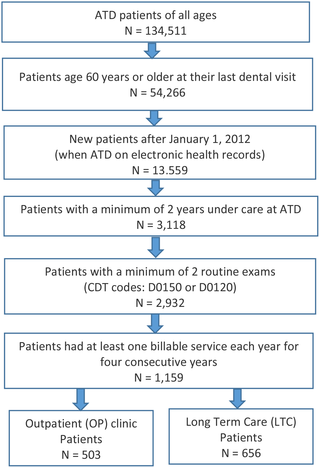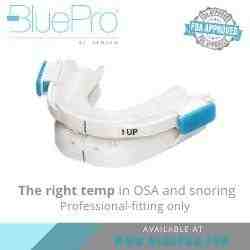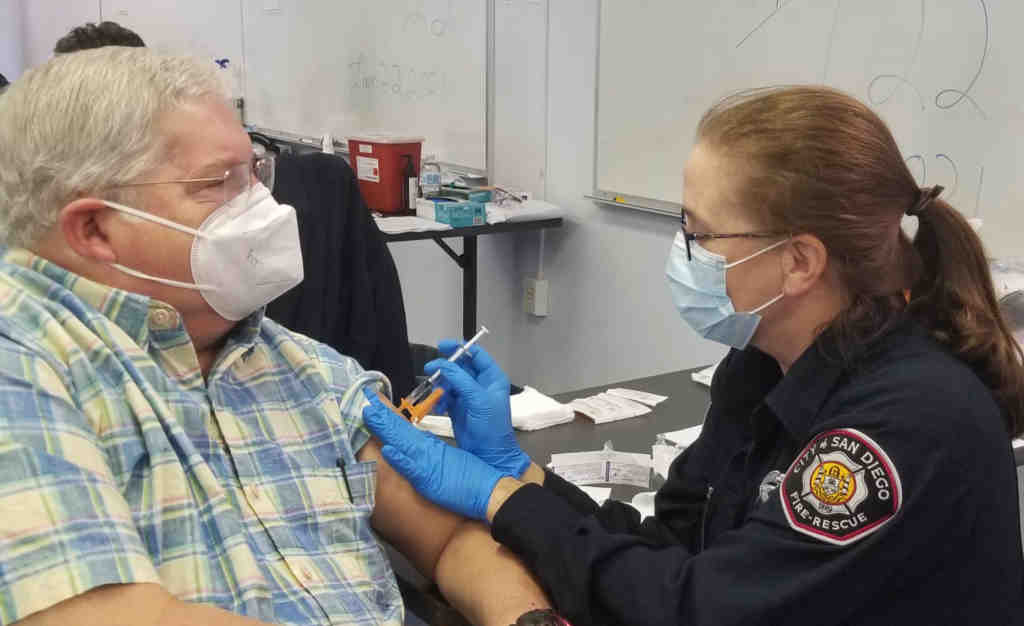Can I resume routine dental care?

Can I be infected with COVID-19 if I am more than 6 feet away?
The CDC continues to believe, based on current science, that people are more likely to be infected the longer and closer they are to a person suffering from COVID-19. Today’s update confirms the existence of some published reports showing limited, unusual circumstances in which people with COVID-19 infected others who were more than 3 meters away or shortly after a COVID-19 positive person left the area. In these cases, the transmission occurred in poorly ventilated and enclosed spaces that often included activities that caused difficulty breathing, such as singing or exercising. Such environments and activities can contribute to the accumulation of virus-carrying particles.
Can COVID-19 be transmitted orally?
The virus is spread by respiratory droplets that are released when someone with the virus coughs, sneezes or talks. These drops can be inhaled or land in the mouth or nose of a person nearby. Getting in contact with a person’s spitting a kiss or other sexual activity could expose you to the virus.
Can I recover at home from COVID-19?
Most people with COVID-19 have a mild illness and can recover at home without medical care. Do not leave your home except for medical care. Do not visit public areas. Take care. Rest and stay hydrated. Take over-the-counter medications, such as acetaminophen, to make you feel better. Stay in touch with your doctor. Call before you get medical help.
Should I go to the doctor or dentist for nonurgent appointments during the COVID-19 pandemic?

Who should quarantine during the COVID-19 pandemic?
Anyone who has had close contact with someone with COVID-19 should stay at home for 14 days after the last exposure to that person. The best way to protect yourself and others is to stay home for 14 days if you think you have been exposed to someone who has COVID-19.
Can I be forced to work during the COVID-19 pandemic?
In general, your employer may ask you to come to work during a COVID-19 pandemic. However, some government emergency orders may affect which businesses can stay open during a pandemic. Under federal law, you are entitled to a secure job. Your employer must provide a safe and healthy workplace.
What can COVID-19 do to your lungs?
Your lungs could become inflamed, making it difficult for you to breathe. This can lead to pneumonia, an infection of tiny air sacs (called alveoli) inside your lungs, where your blood exchanges oxygen and carbon dioxide.
Are dentists witnessing a surge in teeth grinding since the COVID-19 pandemic began?

When should you wear a mask during the COVID-19 pandemic?
The CDC recommends that people wear masks consistently and correctly in all public environments, when they are with anyone who does not live with them (including within their own home) and when caring for someone who has COVID-19.
How can I cope with stress due to the COVID-19 pandemic?
Take a deep breath, stretch or meditate. Try to eat healthy, balanced meals. Exercise regularly. Get enough sleep.
What is the difference between shortness of breath from an anxiety and COVID-19?
Shortness of breath due to an attack of anxiety or panic differs from the symptoms associated with COVID-19 because it usually lasts 10 to 30 minutes. These episodes or short periods of shortness of breath are not accompanied by other symptoms and do not continue for a long time.
Should I wear a mask to the dentist during the COVID-19 pandemic?

Who shouldn’t wear masks during the COVID-19 pandemic?
Masks should not be applied to children under 2 years of age or to those who have difficulty breathing or are unconscious, disabled or otherwise unable to remove the cover without assistance.
Are masks effective against the coronavirus disease?
Masks are today recognized as one of the most effective tools available to mitigate the spread of COVID-19. This intervention reduces coronavirus transmission and is an easily scalable measure that ensures public health.